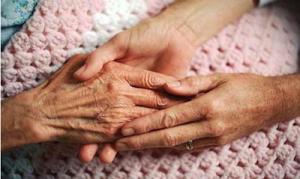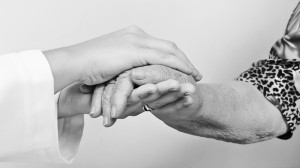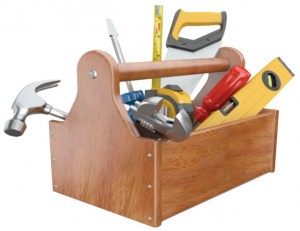 Our team was priviledged to have recently been asked to present at the North Dakota Long Term Care Association. Included in this event was a special one day Frontline Caregiver Conference. In an industry faced with severe staff shortages, particularly in North Dakota, we certainly applaud the leaders that chose to honor frontline staff with a day to network with other professionals, enjoy some pampering from vendors (massages and mani’s to name a few!) and develop new skills to enhance their very demanding jobs.
Our team was priviledged to have recently been asked to present at the North Dakota Long Term Care Association. Included in this event was a special one day Frontline Caregiver Conference. In an industry faced with severe staff shortages, particularly in North Dakota, we certainly applaud the leaders that chose to honor frontline staff with a day to network with other professionals, enjoy some pampering from vendors (massages and mani’s to name a few!) and develop new skills to enhance their very demanding jobs.
After a busy week, it was nice to reflect on the events that took place during the flight back to Texas. I have deep respect for those who choose the path of caring for elders. While it can be a rewarding profession, it’s also one of the hardest jobs on the planet. My heart and soul for the senior care sphere is embedded in years of personal caregiving for my own parents. I learned quickly how heartwrenching it is to witness a parent’s declining health; to rely on someone else to love and nurture them when you can no longer do it all yourself; and to put one’s own needs aside to give wholly to someone, especially when they are struggling.
Through this, I witnessed multitudes of caregivers who were professionals in their field, having the unexplainable gift of serving, communicating and giving unconditionally. This takes a special human being. As a family member, these caregivers were our angels.
To the associations and providers who are stepping up to honor frontline staff, I applaud you and encourge others to add this to your agendas for your next conference, convention or symposium. For elder care communities, this should be engrained in your culture. One client we have the honor to work with actually flips the org chart every morning. Those they serve come first, and guess whose next? The frontline staff. THAT is culture change.
The life blood of our industry lies in empowering, training and supporting our frontline staff. We are privileged to help in this efforts. We need to all move in the same direction with these core values and committment to changing our culture together.
Honoring our seniors means honoring those who care for them.


